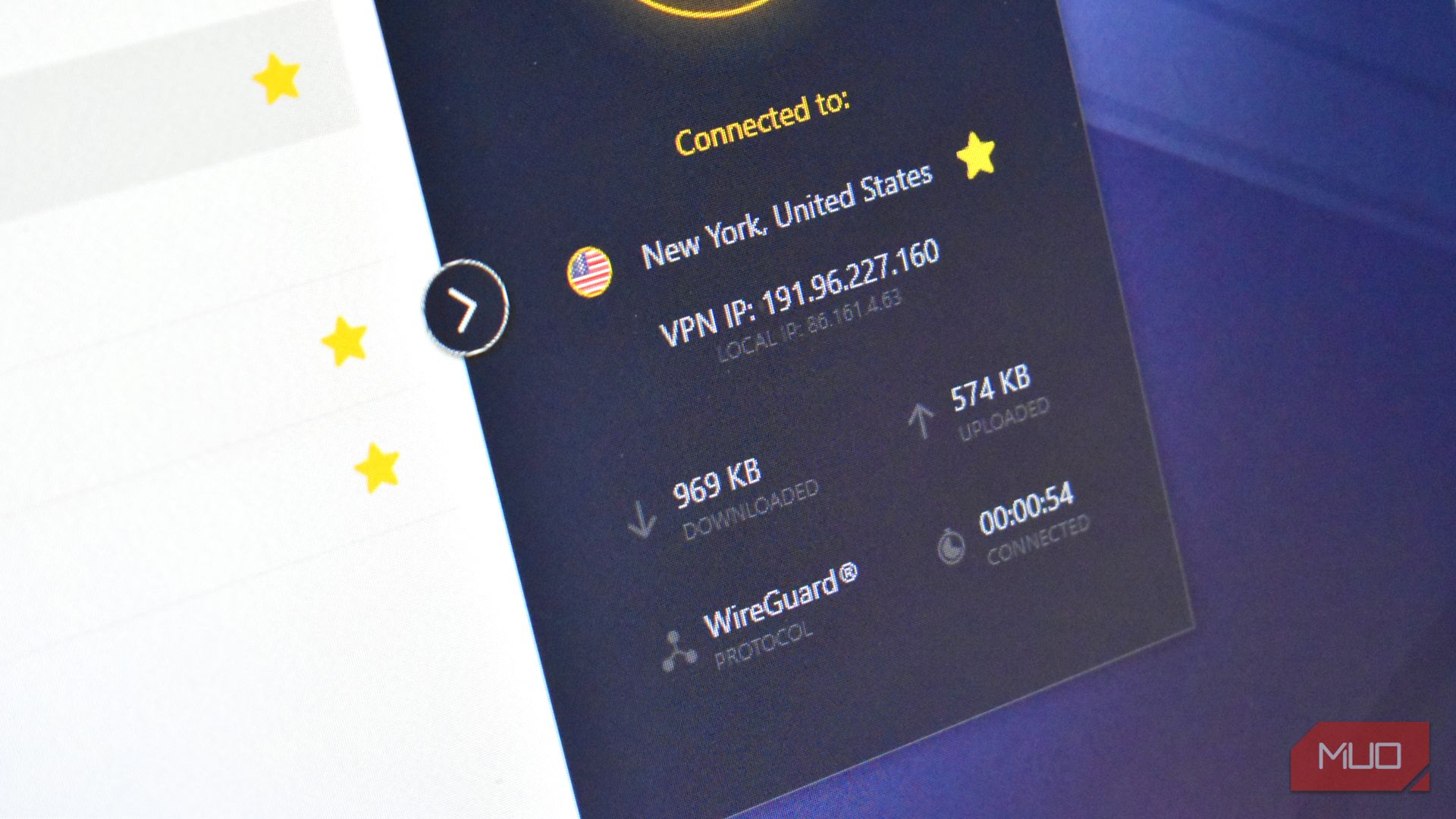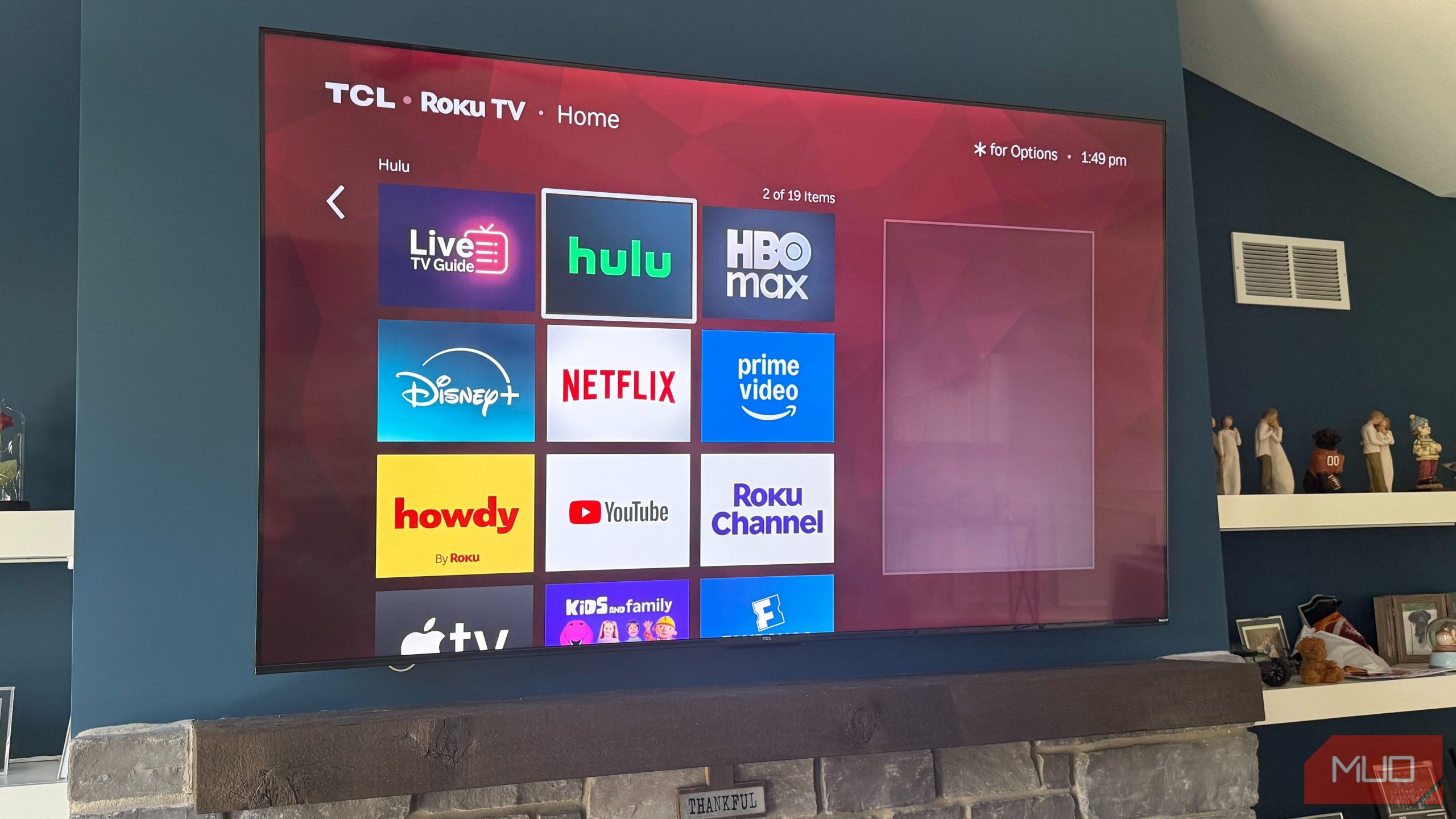Now Reading: VPN Scandal Sparks Fresh Concerns Over Trust and Security
-
01
VPN Scandal Sparks Fresh Concerns Over Trust and Security
VPN Scandal Sparks Fresh Concerns Over Trust and Security

Rapid Summary:
- VPN Trustworthiness Issue: A scandal involving PureVPN in 2017 exposed that its “no-logs” claims were false, as it provided logs to the FBI to help solve a cyberstalking case. These logs, though not browsing histories, included timestamps that could be traced when combined with other records.
- No-Logs Policy Concerns: The term “no logs” can mean different things among VPN providers, leading to confusion for average users. Some providers define it narrowly (e.g., no browsing activity), while still holding data like connection timestamps or bandwidth usage.
- Industry Transparency Problem: Many VPNs fail to align their privacy marketing with customer expectations. Less transparency and inconsistent standards weaken trust in the industry.
- Ownership Consolidation Risk: Several major VPN brands are owned by the same parent companies (e.g., ExpressVPN and CyberGhost by Kape Technologies), raising concerns about centralization and uniform corporate strategies that may harm diversity in service policies.
- Call for Measures: Recommendations include autonomous audits, open-source models, and greater transparency from providers. Users are cautioned against treating a VPN as a complete privacy solution without understanding its limitations.
!image of PureVPN server locations
!Image of Data collected by PureVPN
Indian Opinion Analysis:
The revelations about inconsistencies in no-log policies of major VPN providers spotlight critical challenges for Indian internet users seeking privacy tools amid growing digital surveillance concerns locally and globally. With India’s rising adoption of digital platforms across urban and rural areas alike, ensuring genuine online anonymity is vital-both for protecting personal data from unauthorized breaches and maintaining freedom of expression.
The convergence among key players within the VPN market raises significant questions regarding competition dynamics benefiting end-users versus corporatized control possibly compromising accountability standards within countries like India where digital literacy frequently enough varies greatly among individuals making informed cybersecurity tool decisions directly harder midst unfamiliar phrasing nuances repeated across brand promises inadequately revealed loopholes validation steps missed altogether undermining trust!
Getting concluded maximizing user agency ultimately rests upon strict frameworks comprehensively educating awareness bridging!.




























